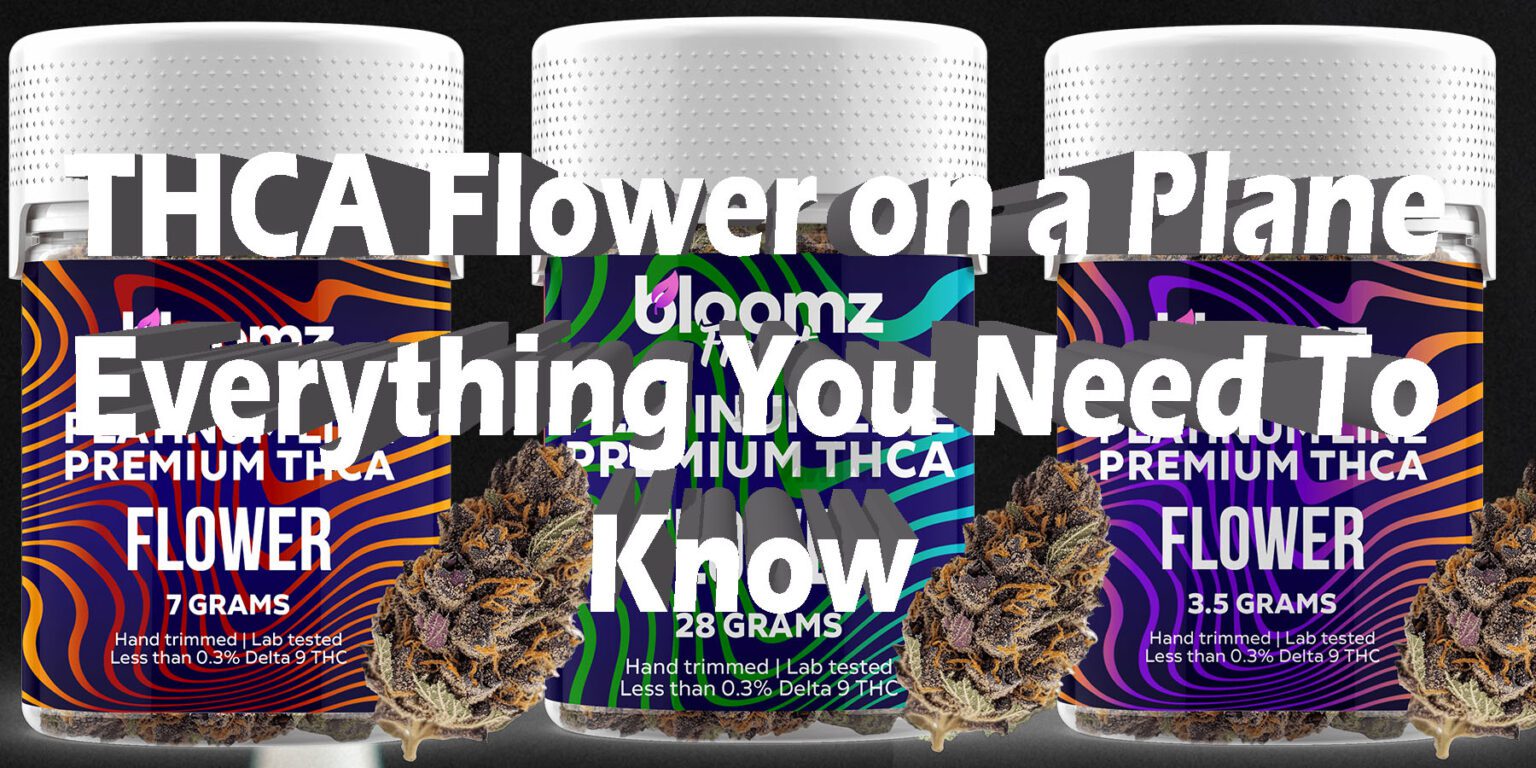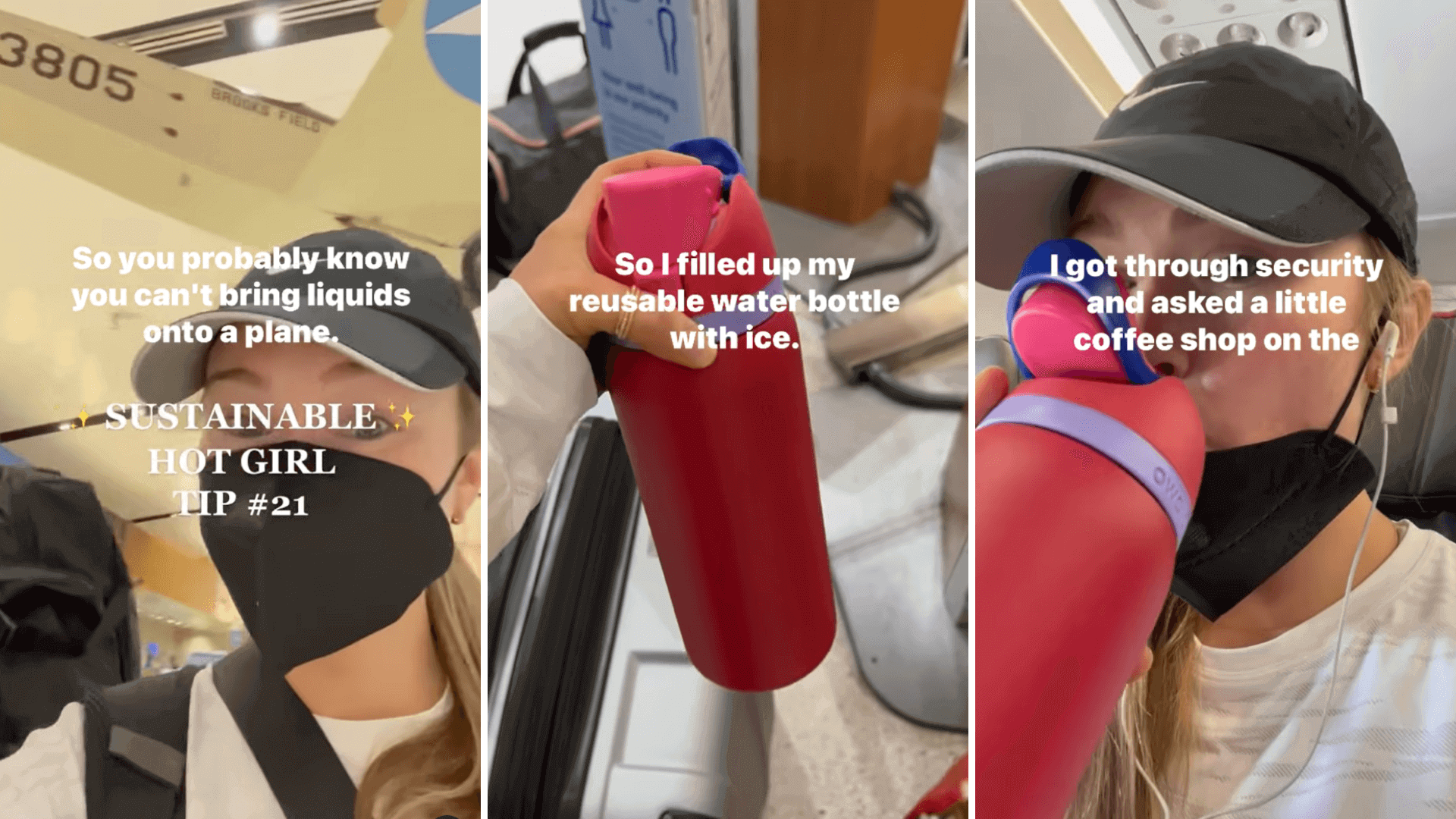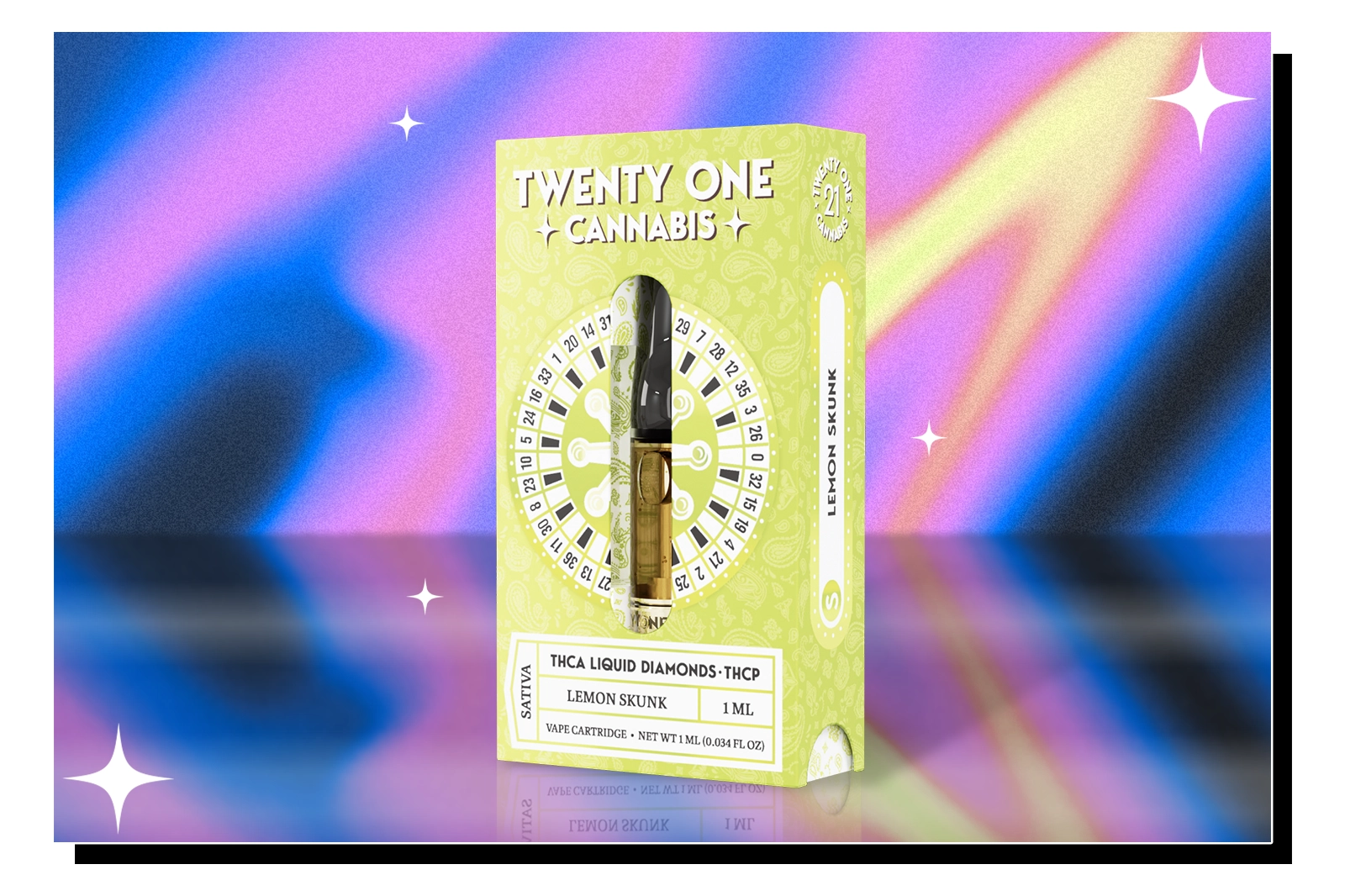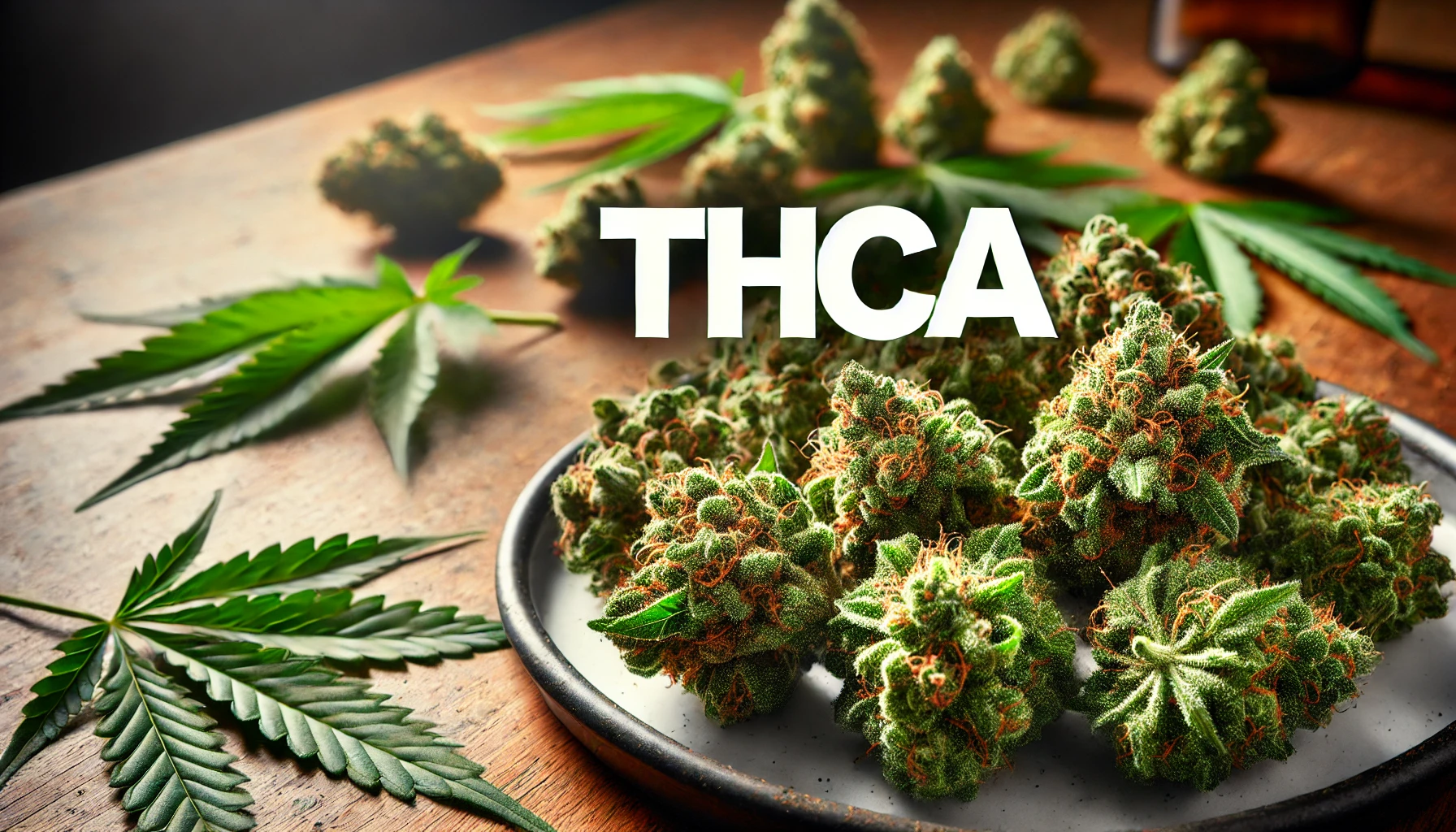Can I Take Thca On A Plane

The legal landscape surrounding cannabis and its derivatives is complex, especially when navigating air travel. One increasingly common question among travelers is whether Tetrahydrocannabinolic acid (THCA), a non-psychoactive cannabinoid found in raw cannabis, can be brought on airplanes. The answer is nuanced and depends heavily on federal, state, and even international regulations.
This article aims to clarify the current legal status of THCA concerning air travel, drawing upon official guidelines and expert perspectives to provide travelers with accurate and up-to-date information. Understanding these regulations is crucial to avoid potential legal repercussions or travel disruptions.
Federal Law and TSA Regulations
At the federal level, the Transportation Security Administration (TSA) is responsible for security screening at airports. The TSA's primary focus is on security threats, not necessarily enforcing state or federal drug laws.
However, TSA officers are required to report suspected violations of law to law enforcement officials. According to the TSA's official website, "TSA security officers do not search for marijuana or other illegal drugs, but if any illegal substance is discovered during security screening, TSA will refer the matter to law enforcement."
The crucial factor here is the legality of the substance in question under federal law. The 2018 Farm Bill legalized hemp, defined as cannabis containing no more than 0.3% Delta-9 THC.
This means that THCA derived from hemp and meeting the 0.3% Delta-9 THC threshold is technically legal under federal law. However, the interpretation of this law, particularly regarding raw cannabis which contains high levels of THCA but could potentially convert to THC, remains a gray area.
State Laws and Interstate Travel
State laws regarding cannabis vary significantly. Some states have fully legalized recreational and medical cannabis, while others maintain strict prohibitions.
Even if THCA is legal in both the origin and destination states, transporting it across state lines can still present legal challenges. Federal law generally prohibits the interstate transport of cannabis, even if it's legal in both states.
This conflict between state and federal law creates a complex situation for travelers. It’s imperative to check the specific laws of each state involved in your travel itinerary, including layover locations.
The Risks of Misinterpretation
One of the biggest risks is the potential for misinterpretation by TSA officers or local law enforcement. While the TSA's focus is on security, the determination of whether a substance is legal ultimately falls to law enforcement.
If THCA is found and its legality is questioned, travelers could face delays, questioning, and potential legal charges depending on the jurisdiction. Proving that the THCA product complies with the 0.3% Delta-9 THC limit may require lab testing, which can further complicate the situation.
Legal experts advise caution. Even if you believe you are within your rights, the ambiguity of the laws can lead to unpleasant and costly encounters.
International Travel Considerations
The complexities multiply when considering international travel. Most countries have far stricter laws regarding cannabis than the United States.
Bringing THCA or any cannabis-derived product into a country where it is illegal can result in severe penalties, including arrest and imprisonment. It is crucial to thoroughly research and understand the laws of your destination country before traveling with any cannabis-related products.
The U.S. State Department advises travelers to familiarize themselves with local laws and customs. Ignorance of the law is not a valid defense.
Human-Interest Angle: A Traveler's Cautionary Tale
Jane Doe, a medical cannabis patient, learned this lesson the hard way. While traveling from California (where medical cannabis is legal) to visit family in a state where it is not, she packed what she thought was a legal THCA product.
During a layover, her bag was searched, and the THCA was discovered. Despite having a valid medical card in California, she faced questioning and a significant delay. While she was eventually released without charges, the experience was traumatizing and costly.
This incident highlights the importance of thorough research and caution, even when you believe you are acting within the law.
Recommendations for Travelers
Given the legal complexities and potential risks, the safest course of action is generally to avoid traveling with THCA or any cannabis-derived products, especially across state or international borders. If you must travel with THCA, consider the following:
- Research: Thoroughly investigate the laws of your origin, destination, and any layover locations.
- Documentation: Carry documentation proving the THCA's origin as hemp and its compliance with the 0.3% Delta-9 THC limit.
- Transparency: Be transparent with TSA officers if questioned, but assert your rights and remain calm.
- Consult Legal Counsel: If you have any doubts, consult with an attorney specializing in cannabis law before traveling.
The legal landscape surrounding THCA and air travel is constantly evolving. Staying informed and exercising caution is the best way to avoid potential legal problems and ensure a smooth travel experience.
Ultimately, the decision of whether to travel with THCA is a personal one, but it should be made with a clear understanding of the potential risks and legal ramifications.










![Can I Take Thca On A Plane Can I Take CBD Oil on a Plane? [xqAsbCgqJc8]](https://i.ytimg.com/vi/xqAsbCgqJc8/maxresdefault.jpg?focalcrop=2800x628x50x28&format=auto)
![Can I Take Thca On A Plane Can You Bring a Pillow on a Plane? [2024] ️ TSA Rules](https://justtravo.com/wp-content/uploads/2023/06/Can-You-Bring-A-Pillow-On-A-Plane.jpg)






